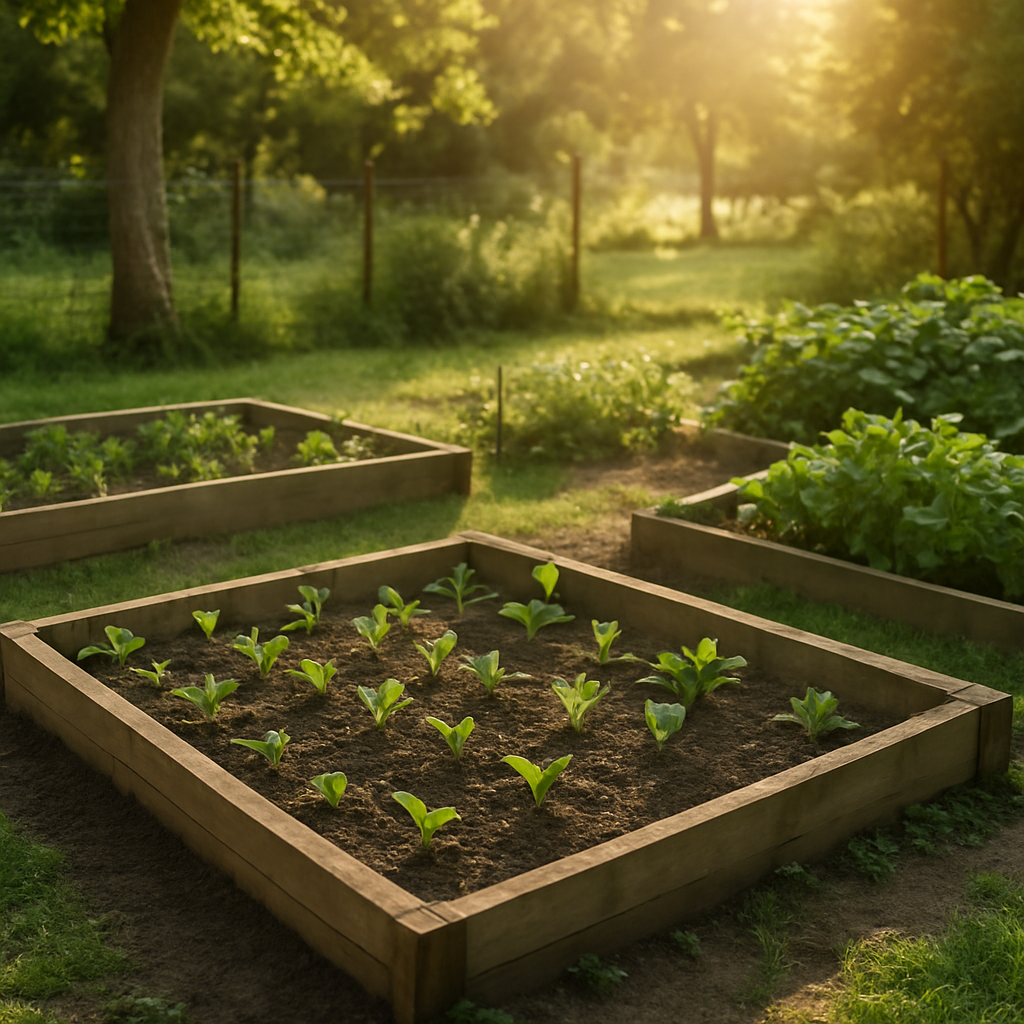At Henchy Family Gardens, we believe gardening is more than tending to the earth — it’s tending to ourselves. Each seed we plant carries a whisper of hope, and each bloom reminds us that growth takes time, care, and faith in the unseen. The garden teaches patience, gratitude, and the quiet joy of watching life unfold right before our eyes. Here, every season is a new chapter, every leaf a story, and every gardener a keeper of both soil and soul.
🌿 “The garden doesn’t ask for perfection — only presence.” — Henchy Family Gardens
🎃Squash🎃
Summer and Winter varieties )

Sunlight: Full sun (6–8 hours/day)
Soil: Rich, well-drained, compost-enriched; pH 6.0–6.8
Watering: Keep soil evenly moist; water deeply 1–2× per week; avoid wetting leaves
Feeding: Heavy feeders—add compost or organic fertilizer at planting and mid-season
Support: Give ample space or trellis smaller varieties; mulch to retain moisture
Pests/Disease: Squash vine borers, cucumber beetles, powdery mildew—use row covers early, remove old vines, rotate crops yearly
Harvest:
Summer squash: Pick young and tender (6–8 inches long)
Winter squash: Rind hard, color deepens; cure in a warm, dry place before storing
🥒Cucumber🥒
(Cucumbers)

Sunlight: Full sun (6–8 hours/day)
Soil: Fertile, well-drained, rich in compost, pH 6.0–6.8
Watering: Keep soil moist but not waterlogged; avoid wetting leaves
Feeding: Apply compost at planting and side-dress with balanced fertilizer during flowering
Support: Trellis or cage for vining varieties to save space and improve air circulation
Pests/Disease: Cucumber beetles, aphids, powdery mildew — use row covers early and ensure good airflow
Harvest: When firm, green, and the right size for the variety; pick regularly to encourage new fruit
🍈Melons🍈
(Cantaloupe, Honeydew, Watermelon)

Sunlight: Full sun (8+ hours/day)
Soil: Rich, sandy, well-drained; pH 6.0–6.8
Watering: Deep, consistent moisture until fruit sets, then reduce for sweetness
Feeding: Add compost before planting and side-dress at vining and flowering
Support: Allow lots of room, use sturdy trellises; cradle hanging fruit with netting.
Pests/Disease: Cucumber beetles, aphids, powdery mildew; rotate crops, maintain airflow, and avoid overhead watering
Pollination: Essential for fruiting—attract bees or hand-pollinate if needed
Harvest:
Honeydew: When skin turns creamy and the blossom end yields slightly
Watermelon: When underside yellows and the tendril nearest fruit dries
Cantaloupe: When skin turns tan and slips easily from stem
